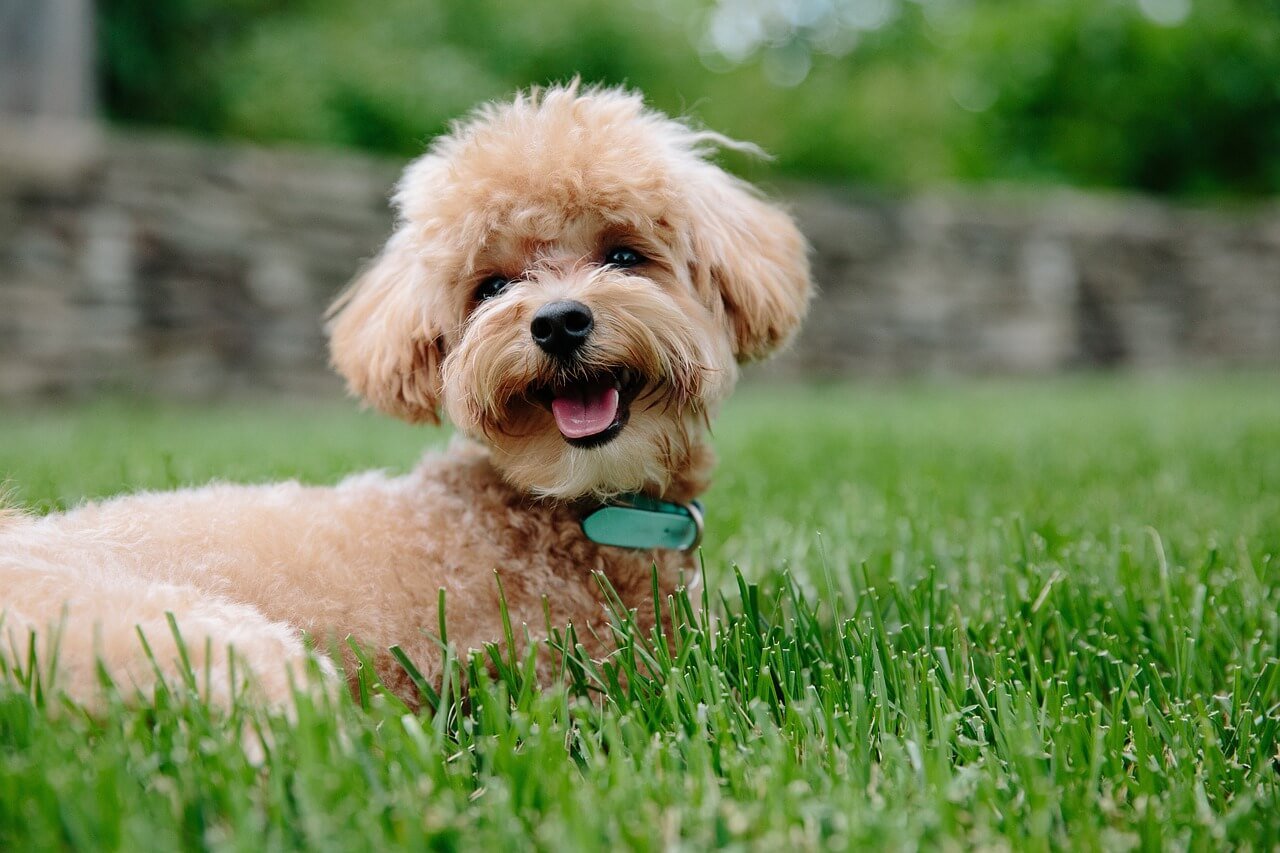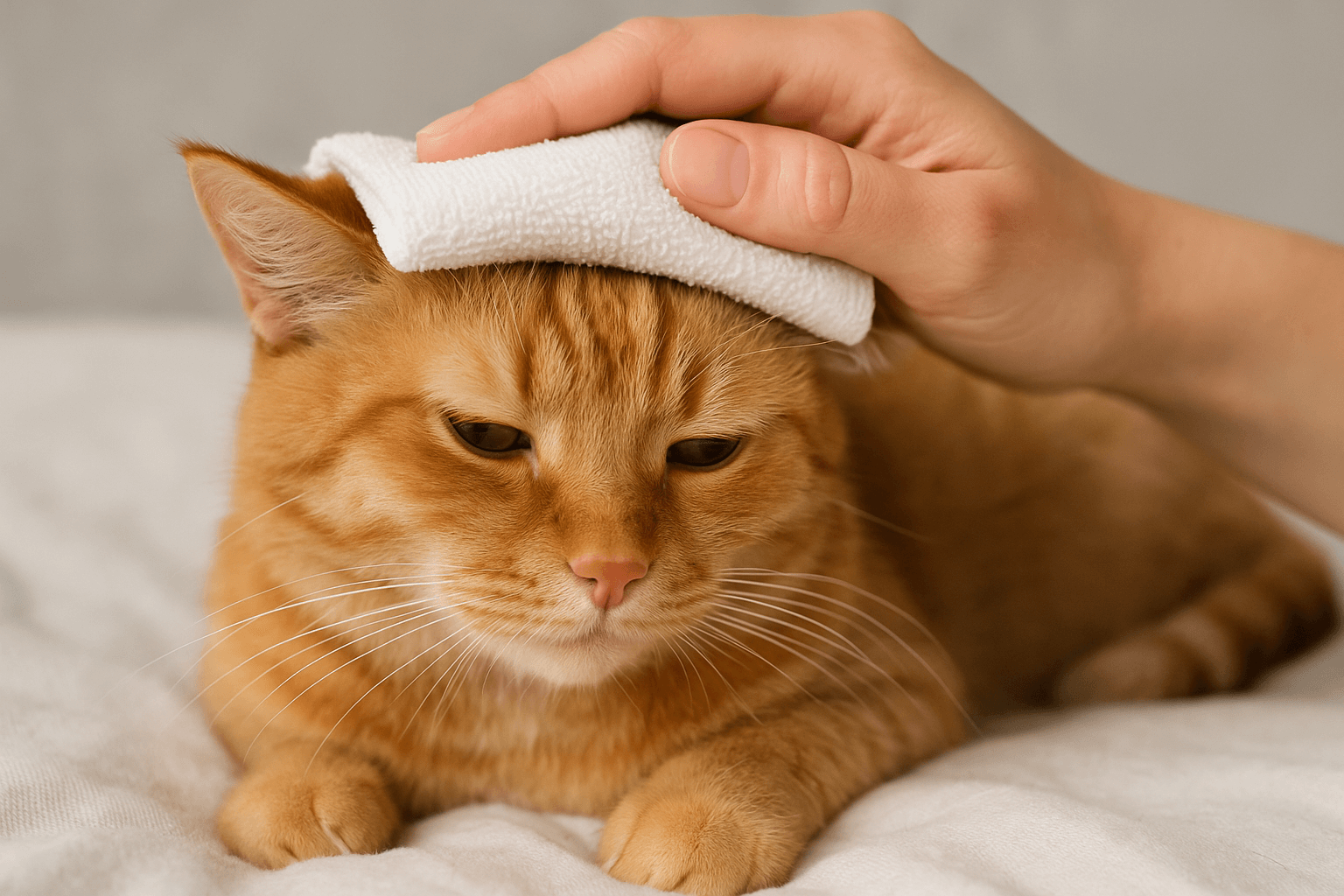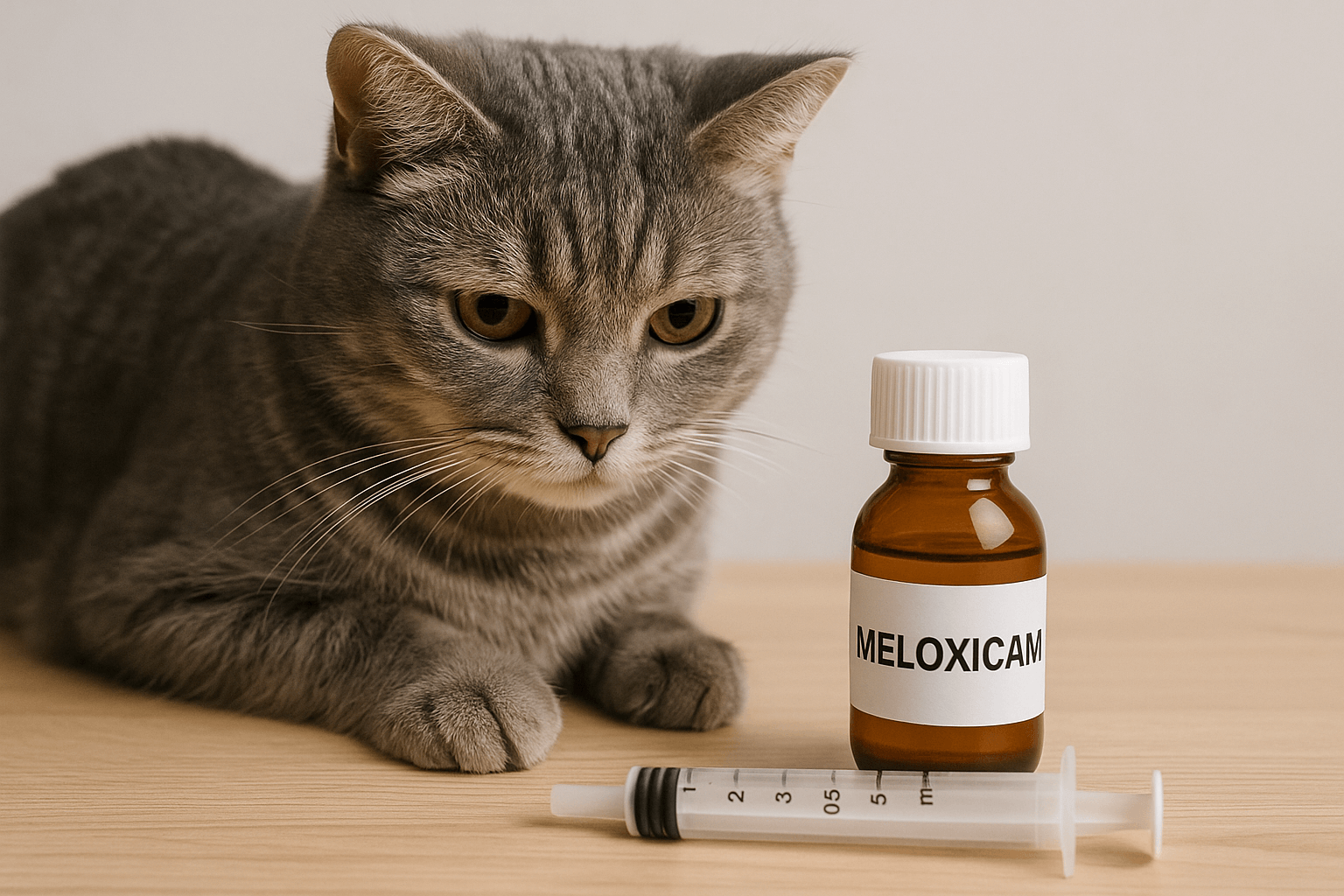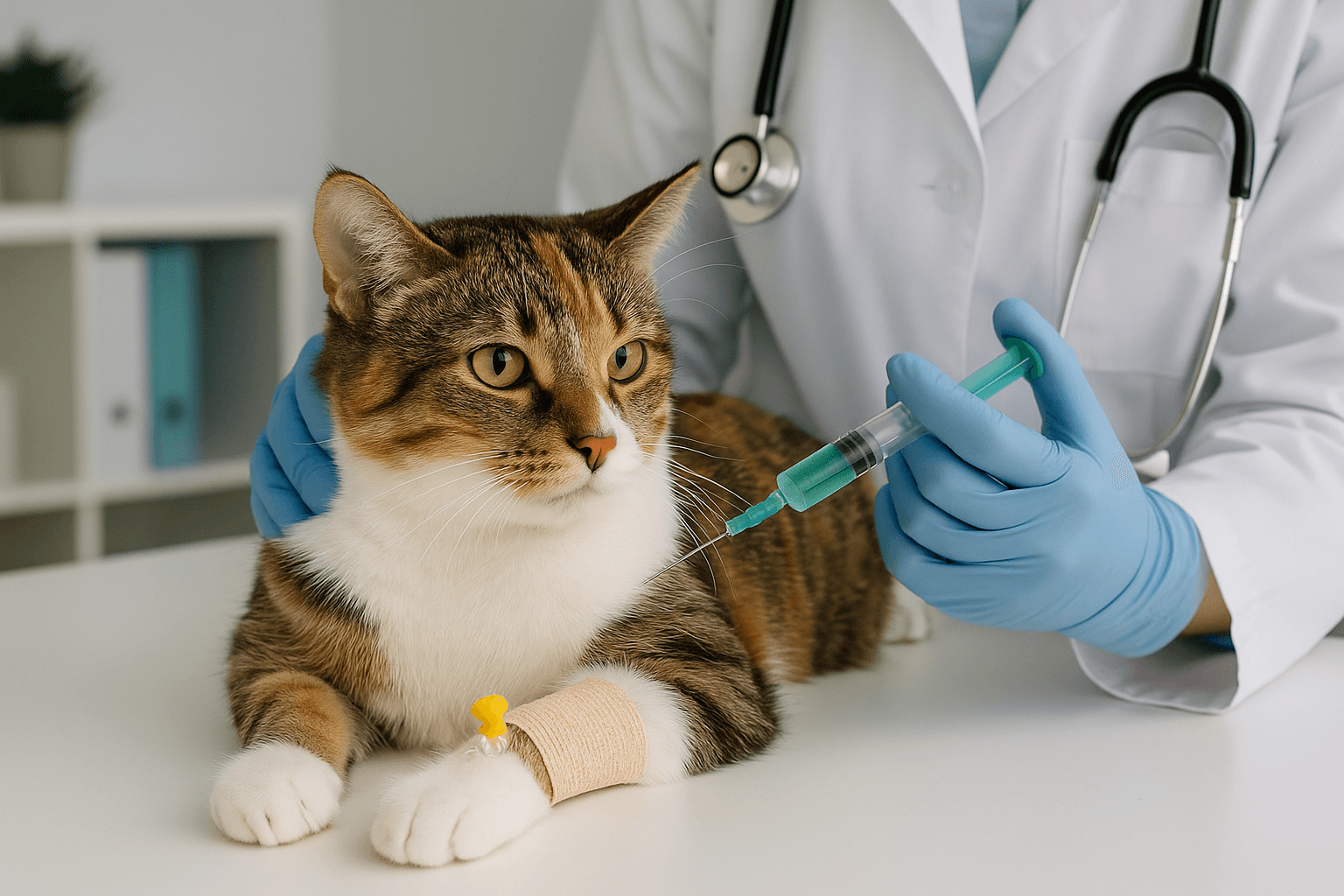Why Does My Dog Eat Grass? Understanding This Common Behavior
If you’re a dog owner, chances are you’ve witnessed your furry friend nibbling on grass at some point. While it might seem odd or even alarming, this behavior is actually quite common among dogs of all breeds and ages. Many pet parents wonder if eating grass is harmful or if it signals an underlying issue. However, the truth is that there are several reasons why dogs engage in this behavior, and not all of them are cause for concern. In this blog post, we’ll explore what you should do if your dog eats grass, why they might be doing it, and how to ensure their well-being while addressing this quirky habit.
Is Eating Grass Harmful? What You Need to Know
Before panicking about your dog’s grass-eating habits, it’s important to understand whether this behavior poses any risks. While occasional grass consumption is generally harmless, there are a few factors to consider. Here’s a breakdown of what you need to know:
- Most dogs tolerate grass well: Many dogs can digest small amounts of grass without any issues.
- Watch for vomiting: Some dogs eat grass intentionally to induce vomiting, which could indicate an upset stomach.
- Pesticides and chemicals: Grass treated with harmful substances can be dangerous if ingested.
- Observe frequency: Occasional grazing is normal, but excessive grass eating might signal a deeper issue.
In conclusion, while eating grass isn’t inherently harmful, it’s essential to monitor your dog’s behavior and ensure their environment is safe. By staying informed, you can better assess whether further action is needed.
Why Do Dogs Eat Grass? Possible Reasons Behind the Behavior
There are various theories as to why dogs eat grass, ranging from dietary needs to instinctual behaviors. While the exact reason may vary from one dog to another, here are some common explanations:
- Natural instinct: Wild ancestors of dogs often consumed plant matter as part of their diet.
- Nutritional deficiency: A lack of fiber or certain nutrients might drive your dog to seek out grass.
- Boredom or anxiety: Some dogs chew on grass as a way to relieve stress or entertain themselves.
- Digestive aid: Grass can help soothe an upset stomach or act as a natural laxative.
Understanding these potential motivations can help you address the root cause of your dog’s grass-eating behavior. If you suspect a specific trigger, consulting your veterinarian can provide clarity and peace of mind.
Expert Opinion: Insights from a Veterinarian
According to Dr. Sarah Collins, a certified veterinarian with over 15 years of experience, occasional grass-eating is a normal behavior for dogs and often stems from curiosity or dietary exploration. She emphasizes that while it’s generally harmless, pet owners should monitor for signs of distress, such as vomiting or excessive grazing, which could indicate an underlying issue. “Focus on providing a balanced diet and a stimulating environment,” she advises, “and consult your vet if the behavior seems compulsive or unusual.”
Check this guide 👉 Top 5 Best Bacon Dog Treats for Ultimate Pawsome Rewards!
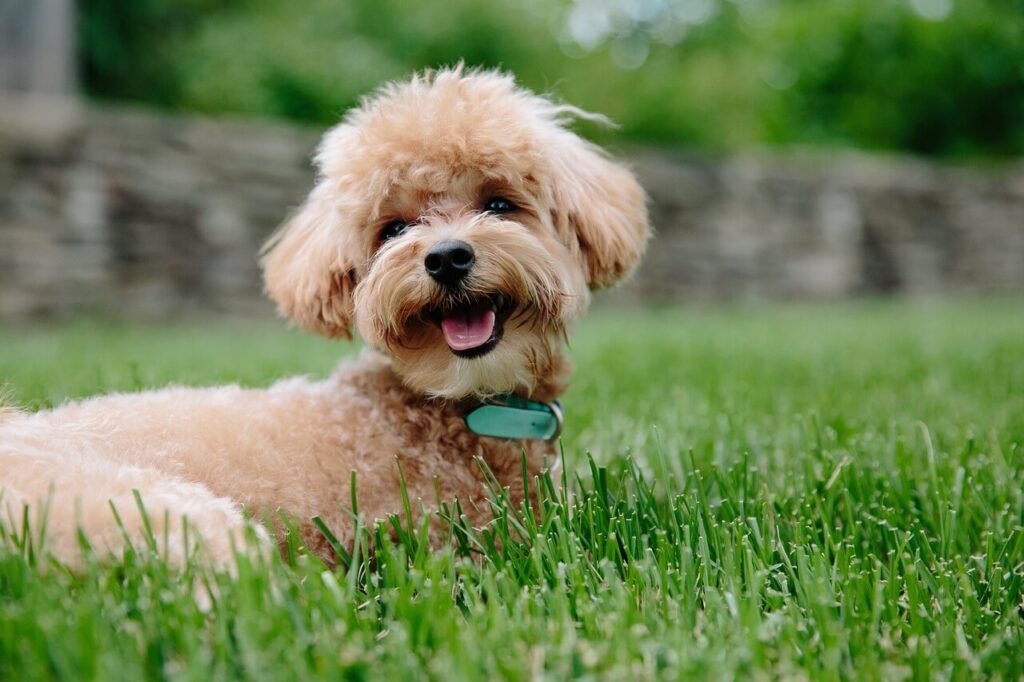
What Should I Do If My Dog Eats Grass Frequently? Actionable Steps
If your dog’s grass-eating habit becomes frequent or obsessive, it’s time to take proactive steps. Here are some practical measures you can implement:
- Visit the vet: Rule out underlying health issues such as gastrointestinal problems or nutrient deficiencies.
- Enhance their diet: Consider adding more fiber-rich foods or supplements to meet their nutritional needs.
- Provide alternative activities: Engage your dog with toys, puzzles, or outdoor play to reduce boredom.
- Create a safe space: Ensure your yard is free of pesticides or toxic plants that could harm your pet.
By taking these steps, you can address potential causes while promoting healthier habits for your furry companion. Remember, consistency and patience are key when managing this behavior.
How Can I Prevent My Dog from Eating Grass? Tips for Success
While occasional grass munching isn’t necessarily problematic, prevention strategies can help minimize the habit. Below are some effective tips to guide you:
- Supervise outdoor time: Keep an eye on your dog during walks or playtime to intervene if they start grazing.
- Train basic commands: Teach commands like “leave it” or “stop” to redirect their focus.
- Offer chew toys: Provide durable chew toys as a safer outlet for their chewing instincts.
- Maintain regular feeding schedules: Ensure your dog feels full and satisfied to reduce cravings for non-food items.
With consistent effort and positive reinforcement, you can curb unwanted grass-eating tendencies over time. Always prioritize your dog’s comfort and safety throughout the process.
How Grass-Eating Can Reflect Your Dog’s Emotional State
A dog’s emotional well-being often influences their behavior, including their tendency to eat grass. If your dog seems anxious or bored, this habit might be a way for them to cope. Here are some emotional factors to consider:
- Boredom: Dogs with insufficient mental stimulation may turn to grass as a form of entertainment.
- Stress relief: Chewing on grass can help soothe anxiety in certain situations.
- Attention-seeking: Some dogs eat grass to get their owner’s attention, especially if they feel neglected.
- Routine disruption: Changes in daily schedules or environments can trigger stress-related behaviors like grass-eating.
Understanding the emotional triggers behind this behavior can help you address the root cause. By providing more engagement and reassurance, you can reduce your dog’s reliance on grass as an emotional outlet.
Dietary Adjustments to Curb Grass-Eating Behavior
If your dog’s grass consumption is linked to dietary needs, making small adjustments to their meals might help. Here are some ways to ensure their diet is balanced and satisfying:
- Increase fiber intake: Adding vegetables like carrots or pumpkin can provide essential nutrients.
- Offer high-quality food: Premium dog food often contains better ingredients to meet their nutritional requirements.
- Include probiotics: These can improve gut health and reduce digestive discomfort.
- Monitor portion sizes: Ensure your dog isn’t feeling hungry between meals, which could lead to grazing.
By fine-tuning your dog’s diet, you may notice a decrease in their grass-eating habits. Always consult your veterinarian before making significant changes to their nutrition plan.
Training Techniques to Redirect Grass-Eating Behavior
Training plays a crucial role in managing unwanted behaviors, including grass-eating. With patience and consistency, you can teach your dog to focus on healthier alternatives. Consider these training tips:
- Use positive reinforcement: Reward your dog when they ignore grass and follow commands.
- Teach “leave it”: This command helps redirect their attention away from grass.
- Engage in interactive play: Activities like fetch or tug-of-war can distract them during walks.
- Practice leash control: Keep your dog close in areas where grass-eating is common to intervene quickly.
Effective training not only reduces grass-eating but also strengthens the bond between you and your pet. Remember, progress takes time, so celebrate small victories along the way.
Frequently Asked Questions About Dogs Eating Grass
Is it normal for my dog to eat grass?
Yes, many dogs exhibit this behavior occasionally, and it’s usually not a cause for concern.
Could eating grass mean my dog is sick?
It’s possible, especially if accompanied by vomiting or other symptoms. Consult your vet to rule out illness.
Should I stop my dog from eating grass entirely?
Not necessarily, unless the grass contains harmful chemicals or your dog shows signs of distress.
Can I train my dog to avoid grass?
Yes, with consistent training and redirection techniques, you can discourage excessive grazing.
Are certain types of grass safer than others?
Untreated, pesticide-free grass is generally safer for dogs to consume in moderation.
Final Thoughts: Embracing Your Dog’s Unique Habits
Every dog has its own quirks, and eating grass is just one example of how diverse their behaviors can be. While it’s natural to worry about your pet’s actions, understanding the context behind their habits can ease your concerns. By monitoring their health, providing a balanced diet, and creating a stimulating environment, you can ensure your dog remains happy and healthy. Remember, being a responsible pet parent means embracing their individuality while prioritizing their well-being. With knowledge and care, you’ll navigate this aspect of dog ownership confidently and compassionately.
Cat Fever Treatment: Best 7 Expert Tips! Discover expert advice on identifying, managing, and treating fever in cats to ensure their quick recovery and well-being.
Understanding Meloxicam for Cats: Best 7 Expert Tips! Learn how to safely administer meloxicam, manage side effects, and ensure your cat's comfort with expert advice on feline pain relief.
Amoxicillin for Cat UTI: Best 7 Expert Tips! Discover safe usage, dosage guidelines, and expert advice on treating feline urinary tract infections effectively with amoxicillin.
Understanding Cat Cancer Treatment: Best 7 Expert Tips! Discover expert advice on managing feline cancer, from early detection to treatment options, ensuring your cat’s health and comfort.

